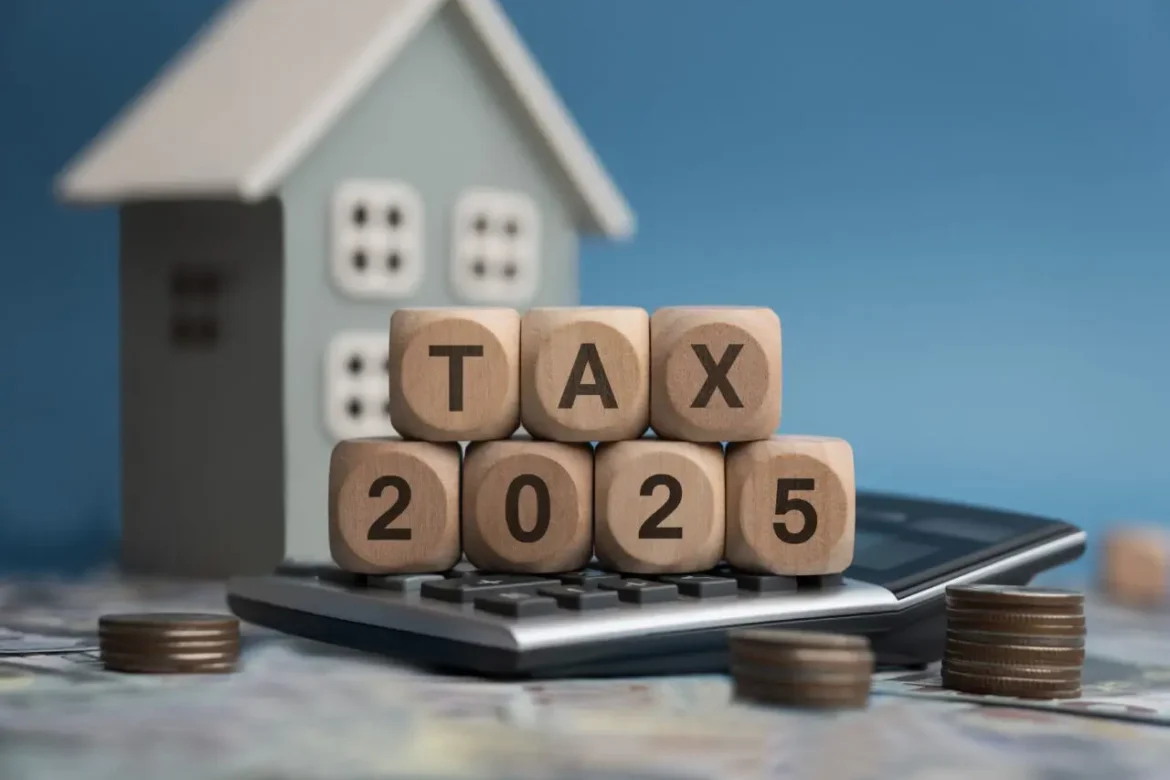Managing Day-to-day Transactions
The ATO provides the following guidance to help small business owners manage their tax obligations more effectively:
- Monitor upcoming expenses and regularly update bookkeeping and account reconciliations.
- Set aside collected GST—consider transferring it into a separate bank account to keep it apart from daily cash flow.
- Set aside PAYG withholding and superannuation obligations to ensure timely payment.
- Schedule regular time to prepare, lodge, and pay Business Activity Statements (BAS) by the due dates.
Minimum Pension Drawdown Reminder for SMSFs
Self-managed super funds (SMSFs) must pay a minimum annual pension amount to members receiving an account-based pension. This amount is determined by applying the relevant age-based percentage factor to the member’s pension account balance as at 1 July 2024, or pro-rata for pensions commenced part-way through the 2025 financial year.
Failure to meet the minimum payment requirement by 30 June may result in adverse tax consequences for the member.
Avoiding Common CGT Errors
Holding a Foreign Resident Capital Gains Withholding (FRCGW) clearance certificate does not exempt a taxpayer from capital gain tax (CGT) obligations. If a property has been sold, capital gains, losses, exemptions, or rollover codes must still be reported in the tax return.
If any amount of FRCGW was withheld from the sale, the taxpayer should retain and refer to the payment confirmation from the purchaser.
For properties that were used as a main residence for any period, full details of the occupancy should be documented to properly assess the application of the main residence exemption.
Not-for-Profit Record-Keeping Obligations
Not-for-profit (NFP) organisations are legally required to keep accurate and complete records of all transactions related to their tax and superannuation obligations.
These records must generally be kept in an accessible format (electronic or printed) for five years and include:
- Governing documents
- Financial reports
- Grant-related documentation
- Registrations and certificates
Obligations endorsed as deductible gift recipients (DGRs), whether endorsed or named, must also retain records detailing all transactions relevant to their DGR status.
Maintaining proper records supports effective management and ensures compliance with regulatory obligations.
Update: Fixed Rate for Working from Home Increases
The ATO’s guideline (PCG 2023/1) provides a fixed-rate method for calculating work-from-home running expenses, which has been updated to increase the rate from 67 cents to 70 cents per hour, effective from 1 July 2024.
This rate covers the following additional running costs:
- Electricity and gas (lighting, heating, cooling, and electronics)
- Internet
- Mobile and home phone usage
- Stationary and computer consumables
This method does not include occupancy expenses such as rent, mortgage interest, property insurance, or land tax.
Alternatively, taxpayers may opt to claim actual expenses incurred, provided they maintain adequate records to substantiate their claims.
Tribunal Allows Truck Driver’s Meal Expense Claims
In a recent case, the Administrative Review Tribunal (ART) allowed a long-haul truck driver’s deduction claim for meal expenses of $32,782 for the 2021 income year, despite incomplete substantiation.
The ATO had reduced the deduction to $5,890 based on available records. However, the ART found that the taxpayer:
- Incurred the expenses in earning assessable income
- Received a travel allowance covering the meals
- Claimed amounts within the reasonable limits set by Taxation Determination TD 2020/5
The tribunal ruled that the taxpayer met the burden of proof and that the exceptions to the substantiation rules applied, allowing the full claim.
Ref: ATO website
Please contact Wiselink Accountants if you require further information










